We’re looking at superfoods for our dogs today. We’ll discuss a list of food items that have high nutritional value for dogs. It’s important to note that you shouldn't start feeding these items to your doggo right away.
Before you make any significant changes to your animal’s diet, ask your veterinarian (by phone or in-clinic visit) about the particular foods that you’ve researched. Many human foods are dangerous to dogs, and many varieties of otherwise safe ingredients exist with additional ingredients or flavorings that can be dangerous to your pup.
Let’s take a deeper look.
- What are Superfoods for Dogs?
- 1. Blueberries!
- 2. Flaxseed
- 3. Sweet Potatoes
- 4. Fish Oil
- 5. Salmon
- 6. Bananas
- 7. (Unsafe) Leafy Greens
- 8. Cabbage
- 9. Coconut Oil
- 10. Cooked Eggs
- 11. Pumpkin
- 12. Carrots
- Talk to Your Vet First Before Introducing New Foods
- Looking for More Dog Wellness Ideas?
- Superfoods for Dogs – Frequently Asked Questions
What are Superfoods for Dogs?

Superfoods are generally foods that knock out numerous aspects of a person’s (or dog’s) daily nutritional requirements. By no means can a creature eat one superfood alone and live a healthy life, though.
Instead, it’s important to look at your animal’s dietary requirements and see how the superfoods below can fit alongside other foods with nutritional value. In all cases, a combination of healthy foods is required.
*Note that dogs can live healthy lives on dry food alone. Most dog food brands include all required aspects of a well-rounded canine diet.
Millions of dogs around the world live on dry food alone, and they do just fine. That said, your dog might have special dietary requirements. Further, they might be deficient in one area or another and require adjustments.
They could also personally enjoy a variety of foods rather than garbling down bland kibble each day of their lives. Most importantly, though, tailoring your pup's diet with nutrient-dense foods for dogs can keep them happier and healthier.
A dog’s diet impacts mental health, the aging process, cognitive acuity, and much more. So, while you and your dog might be able to get by on the bare essentials, you could both be better off feeding yourselves a spread of nutrient-dense options.
With that out of the way, let’s look at some of the foods that research shows are great for our canine companions.
1. Blueberries!
One of the most beneficial foods for dogs is the blueberry. Blueberries are packed with vitamin C, phytochemicals (which contain antioxidants, immune boosters, hormone stabilizers, and anti inflammatory properties!), and fiber.
Your doggo will have an easy time eating frozen or fresh blueberries, and these little fruits can serve as healthy dog treats. Blueberries should be a supplemental aspect of your dog’s diet rather than playing a key role.
2. Flaxseed
According to Pet MD, flaxseeds are overflowing with omega-3 fatty acids, omega-6 fatty acids, fiber, protein, and lignans (which could prevent cancer, balance hormones, improve gut health, curb diabetes, and potentially do a number of other wonderful things.)
Another wonderful thing about flaxseed is that it’s really easy to incorporate into your dog’s diet. These seeds are tiny yet effective.
As a result, your dog could eat tons of these little superfoods without even realizing that there’s any in their bowl.
3. Sweet Potatoes
Sweet potatoes are thought to be about as good for dogs as they are for humans. In fact, they’re a common ingredient in many of the big dog food brands.
Sweet potatoes’ key contributions come from the fact that they’re high in dietary fiber. This contributes to a healthy digestive system and can contribute to a reduced risk of issues like heart disease.
Beyond that, they’re high in a number of key vitamins like A, B6, and C. Vitamins A and C are good for maintaining physiological wellness and strengthening the immune system, respectively.
However, note that sweet potatoes might not be a good fit for diabetic dogs, as they have a high glycemic index and could have a negative impact on blood sugar levels.
4. Fish Oil
Fish oil is often added to popular dog food brands as well. It’s healthy, in particular, because of its high omega-3 fatty acid content.
The contents of fish oil are known to have different health benefits for dogs and puppies, respectively. For puppies, fish oil is thought to aid brain development, enhance eye health, help the production of bones, and more.
In adult dogs, fish oil might help kidney function, increase energy levels, strengthen the immune system, maintain coat health, and reduce joint inflammation.
5. Salmon
Salmon can be an excellent source of omega-3s and protein, although this comes with some restrictions. Namely, you can’t serve your dog raw or uncooked salmon. You should also make sure that the fish is deboned before offering it to your pet.
Bones can be choking hazards and uncooked fish is often a hotbed of dangerous bacteria and disease. Sure, canines might eat fish in the wild, but wild fish aren’t killed, packaged, shipped, and given countless hours to be exposed to bacteria.
Instead, wild salmon from a stream are healthy and clean at the moment that they're caught and eaten. So, store-bought salmon should always be cooked and deboned.
You should also note that canned salmon might be a bad choice for your dog as its often preserved in extremely salty solutions. That salt, along with the oils in the can, can be dangerous or difficult for your dog’s digestive system.
6. Bananas
Bananas are fun food for dogs to eat. Dogs often enjoy the texture and the process of chomping through a banana. These yellow treats are also great sources of vitamin B6, dietary fiber, and potassium.
Make sure you peel the banana first, then set it out for them as a special snack. The fiber and potassium can help to clean your dog’s digestive system, particularly if they’re having some GI issues.
Note that too much banana could cause your dog to get constipated, as the high amount of fiber has a way of firming stool and slowing the process down. In that spirit, bananas can be a great option if your dog has diarrhea.
7. (Unsafe) Leafy Greens
Leafy greens such as spinach and kale seem like they should be healthy superfoods for dogs. After all, they’re excellent for human diets.
Unfortunately, many leafy greens pose serious risks to dogs. Kale, for example, can contribute to kidney stones. Spinach is high in something called oxalic acid which can be hard on your dog’s kidneys.
Kale and spinach aren’t immediately dangerous to dogs, so it’s typically not an issue if they eat a little bit here and there. As a regular piece of their diet, though, many leafy greens are stuffed with potentially harmful things and could be dangerous in large amounts.
That said, there is a school of thought that advocates for a heavy presence of specific leafy greens. There is some disagreement on the use of leafy greens for dogs, so discuss this issue with your vet.
Again, it’s acceptable for dogs to eat the occasional leafy green, but there are conflicting opinions on whether these foods should be essential pieces of a canine’s diet.
8. Cabbage
Cabbage is a wonderful treat for your dogs (if you’re willing to sit through the loud, crunchy chewing session!).
Green, white, and red cabbage are known to be safe and nutritious for dogs, containing vitamins B1, B6, C, and K, not to mention minerals like potassium, manganese, and copper.
Cabbage also has a lot of the aforementioned phytochemicals.
Note that cabbage is host to a potentially dangerous substance called thiocyanate, which can contribute to hypothyroidism if consumed in large amounts over long periods of time.
Cooking the cabbage should reduce the quantity of thiocyanate to nominal levels.
9. Coconut Oil
Coconut oil comes with a number of benefits. Among them could be anti-inflammatory properties, anti-fungal properties, digestive aids, respiratory aids, skin-rejuvenating properties, and coat-enhancing properties.
The results will be different for every dog. Also, according to Web MD, the claims above have not been proven.
They are based on anecdotal evidence or general schools of thought. Further, coconut oil could be dangerous for dogs with pancreatitis according to Web MD. On the other hand, there’s a wealth of information that supports the use of coconut oil to treat animals with pancreatitis!
Whenever we see conflicting information on the web, where should we go? To the vet.
10. Cooked Eggs
It could seem like a smart move to crack a raw egg into your dog’s bowl of food. Don’t do this. Your dog could get extremely sick, and there aren't as many nutritional benefits when they eat raw eggs.
Hard-boiled or cooked eggs of any kind can be extremely nutritious for your dog, though. They’ll soak up some wonderful vitamins, minerals, fatty acids, and more. What’s more, is that you can actually feed your dog all aspects of the egg including the shell!
So, when you crack that egg, save the shell and wash it off to feed to your pup. Crush it up if your doggo is too small to break the shell down easily.
11. Pumpkin
Pumpkin is a superfood for dogs due to the amount of fiber it contains. Fiber helps a great deal with the digestive process, and it’s a prebiotic which sets your dog’s gut up for success, promoting the healthy bacteria your dog needs in order to digest food.
Pumpkins contain vitamins A, C, and E alongside numerous beneficial minerals such as magnesium and potassium.
*Note: you shouldn’t simply feed your dog raw, uncooked pumpkin. The consistency of pumpkin is unique and poses a choking risk. Further, a full pumpkin could help or seriously harm your pup.
Too much fiber or vitamin A can be damaging or toxic to dogs. So, instead of feeding them a big ol’ pumpkin, just opt for a small can of pumpkin from the store.
Make sure you’re just getting natural pumpkin rather than pumpkin pie filling, though. Fillings and other pumpkin products can be high in dangerous sugars and salts. Xylitol, an artificial sweetener found in some canned pumpkin, is especially dangerous to dogs.
12. Carrots
Last but not least, we have carrots!
Dogs generally like eating carrots because they’re so crunchy and munchy. This is another one that might be difficult for some people to listen to if you have misophonia (the instinctual hatred of chewing sounds).
At the top of the nutrient list (again) we have fiber! Carrots are rich in dietary fiber and can help with your dog’s digestive health. In this case, however, we’re dealing with something called insoluble fiber which draws water rather than dissolving in it, contributing to healthier stool for constipated dogs.
Carrots are host to soluble fiber as well, so you sort of get the best of both (constipation and diarrhea) worlds, as unsettling as that sounds. Carrots are also host to important antioxidants like beta-carotene, lutein, lycopene, anthocyanins, and vitamins A & C.
Before you feed, make sure to chop carrots into small pieces and steam them as though you were feeding a toddler. Carrots are absolutely choking hazards when they come in their full form.
You should also use carrots lightly in your dog’s diet, as too much vitamin A can be toxic to them. The best bet is to chop a carrot or two into small pieces, steam the pieces, and offer small amounts to your dog every other day or so.
Talk to Your Vet First Before Introducing New Foods
The ideas below should get you familiarized with some of the key superfoods for dogs. Use the following ideas as guideposts for your research.
Do some digging into your dog’s dietary requirements as they pertain to breed, then consult with your veterinarian to get rock-solid insight into the way particular foods might affect your dog as an individual.
Don’t start feeding your dog the foods below just because this article (or any other article) states they are ‘superfoods.’ Please talk to your vet before you change your dog’s diet in a major way.
Imagine if you’d been eating a narrow set of foods for your entire life. Let’s say you only eat broccoli, potatoes, and turkey.
If you were to introduce a host of new fruits, supplements, meats, dairy options, and sugars, your body would respond strangely. You might have an upset stomach, aches, and pains. Even worse, you might have a sensitivity to something in your new diet that you weren’t previously aware of.
In serious cases, exposure to new foods can cause significant illnesses that require emergency care. Your dog has been limited to a slim section of foods for their entire life, so the introduction of new foods could be difficult for them.
It’s easy to contact your vet, and doing so will give you the confidence that you’re doing the right thing for your pet.

Looking for More Dog Wellness Ideas?
We hope the ideas above give you some direction with your dog’s diet. We’re here to help with a whole lot more information on caring for pets, though.
Explore our site for great ideas on dog health, cat health, general pet wellness, and a whole lot more.
Superfoods for Dogs – Frequently Asked Questions
What are superfoods for dogs?
Superfoods for dogs are nutrient-dense foods that provide vitamins, minerals, antioxidants, and other beneficial compounds to support overall health.
Can dogs eat human superfoods?
Some human superfoods are safe for dogs, while others can be harmful. Always consult your veterinarian before feeding new foods.
Are blueberries good for dogs?
Yes, blueberries are rich in antioxidants and can be a healthy, supplemental treat for dogs.
Is fish oil beneficial for dogs?
Fish oil may support skin, coat, joint health, and immune function due to its omega-3 fatty acids.

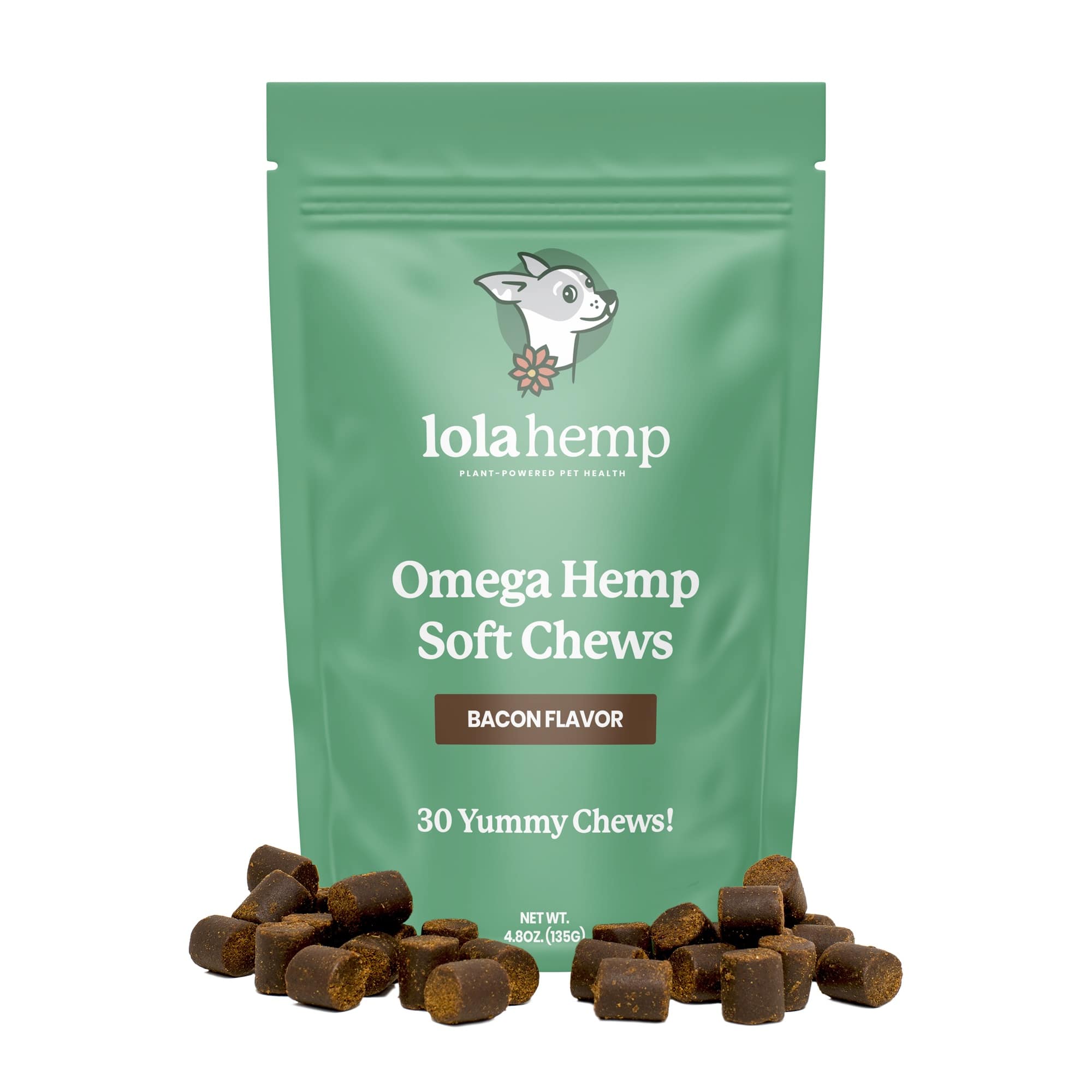
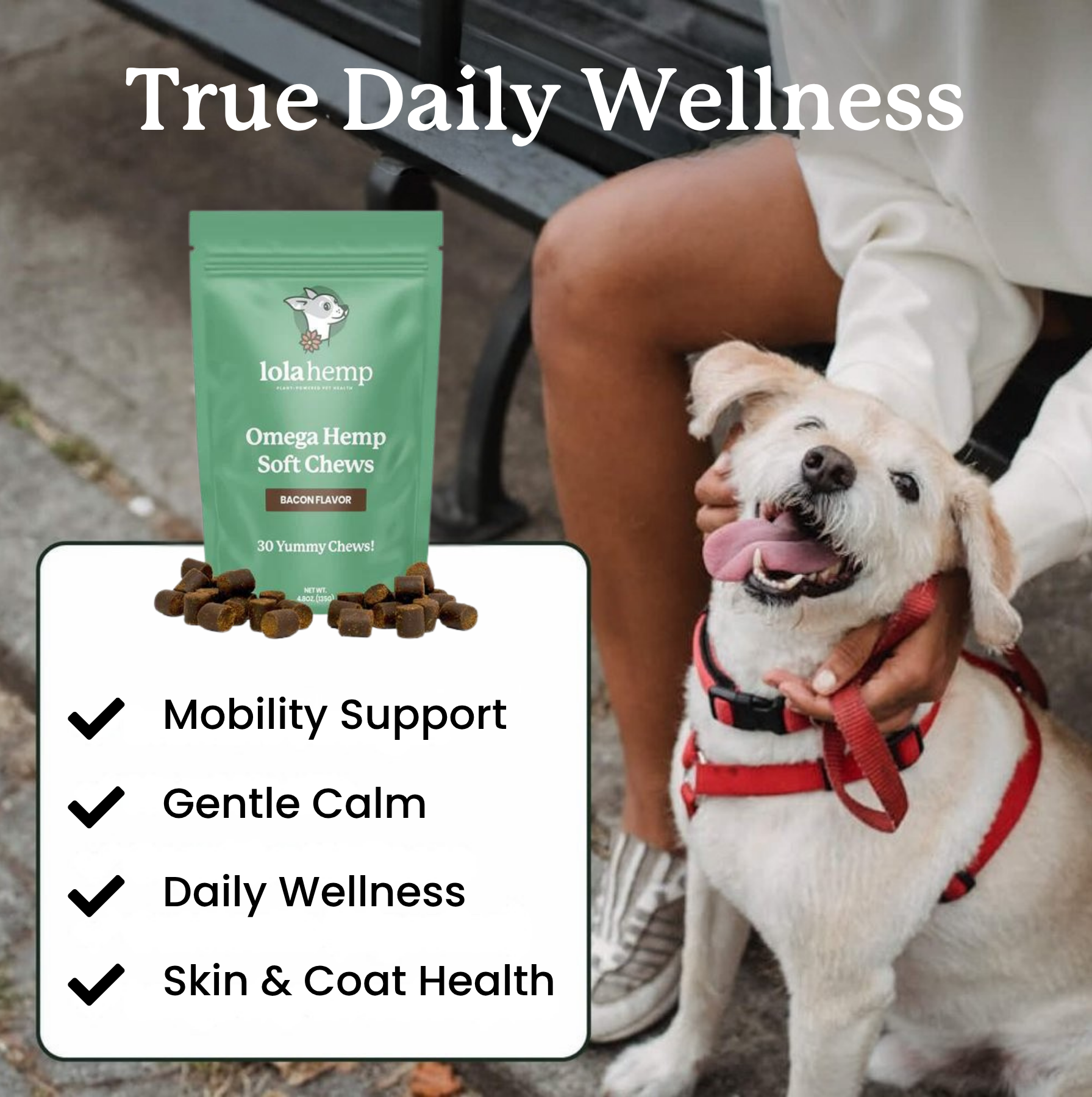
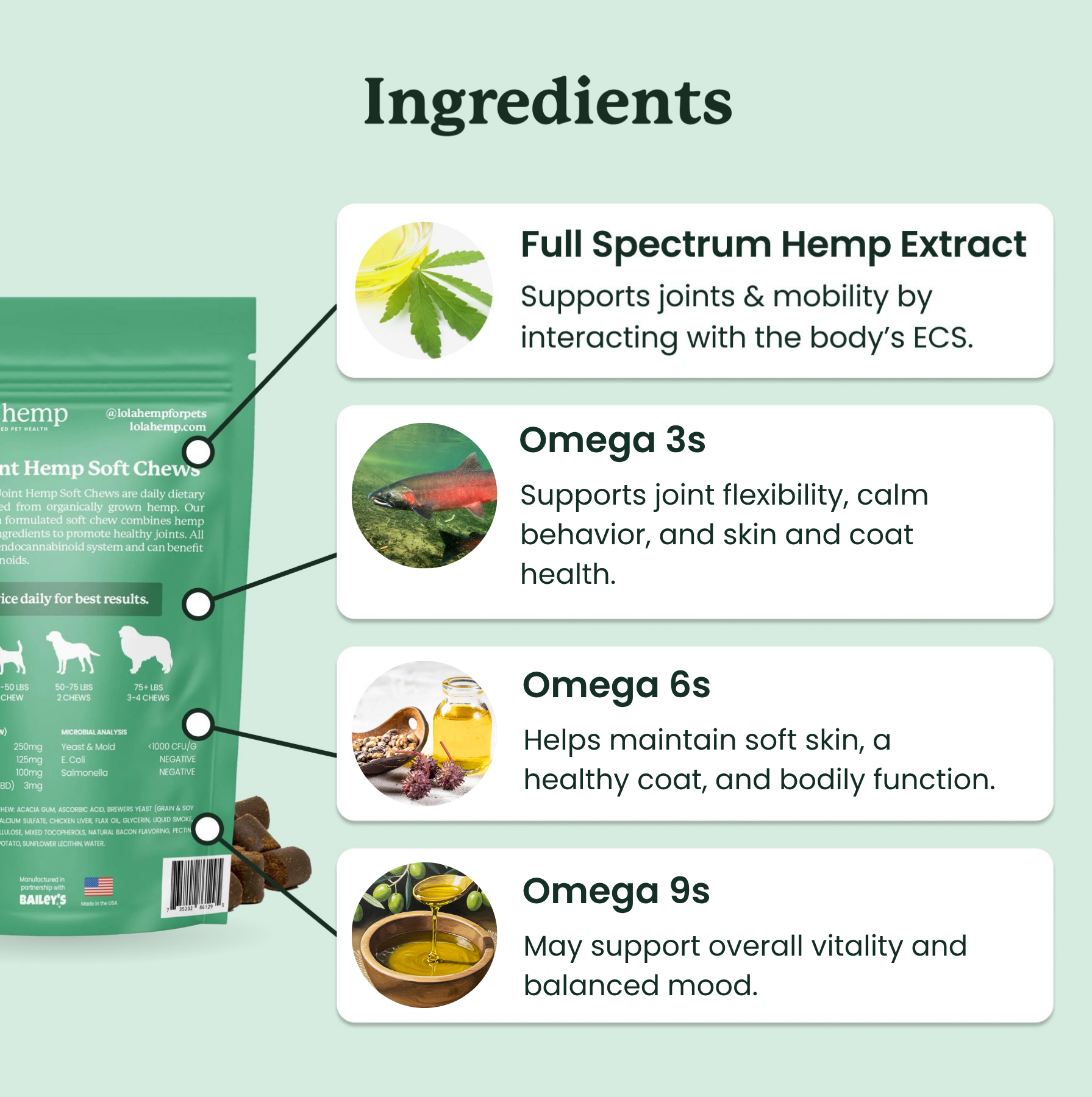
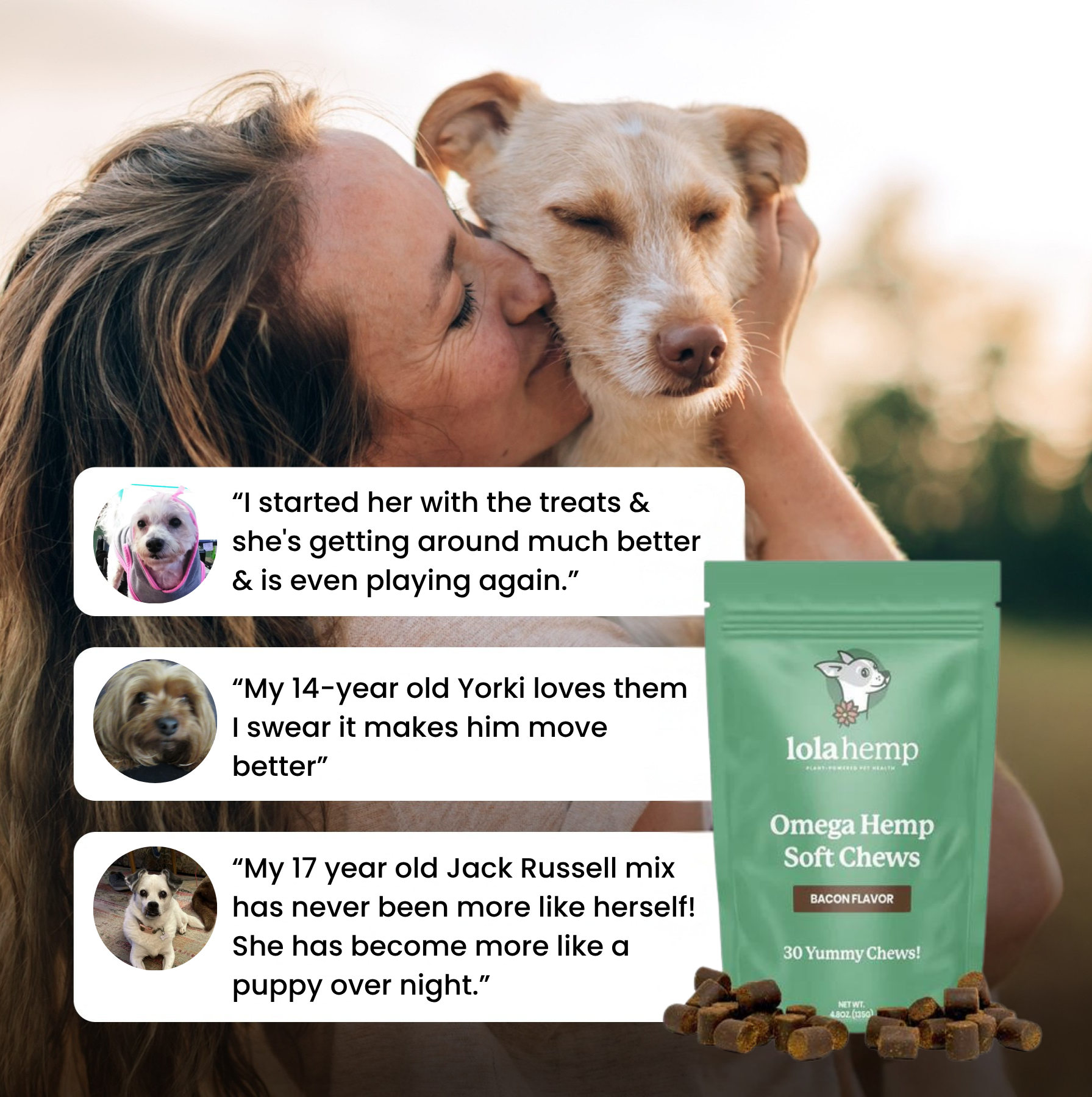
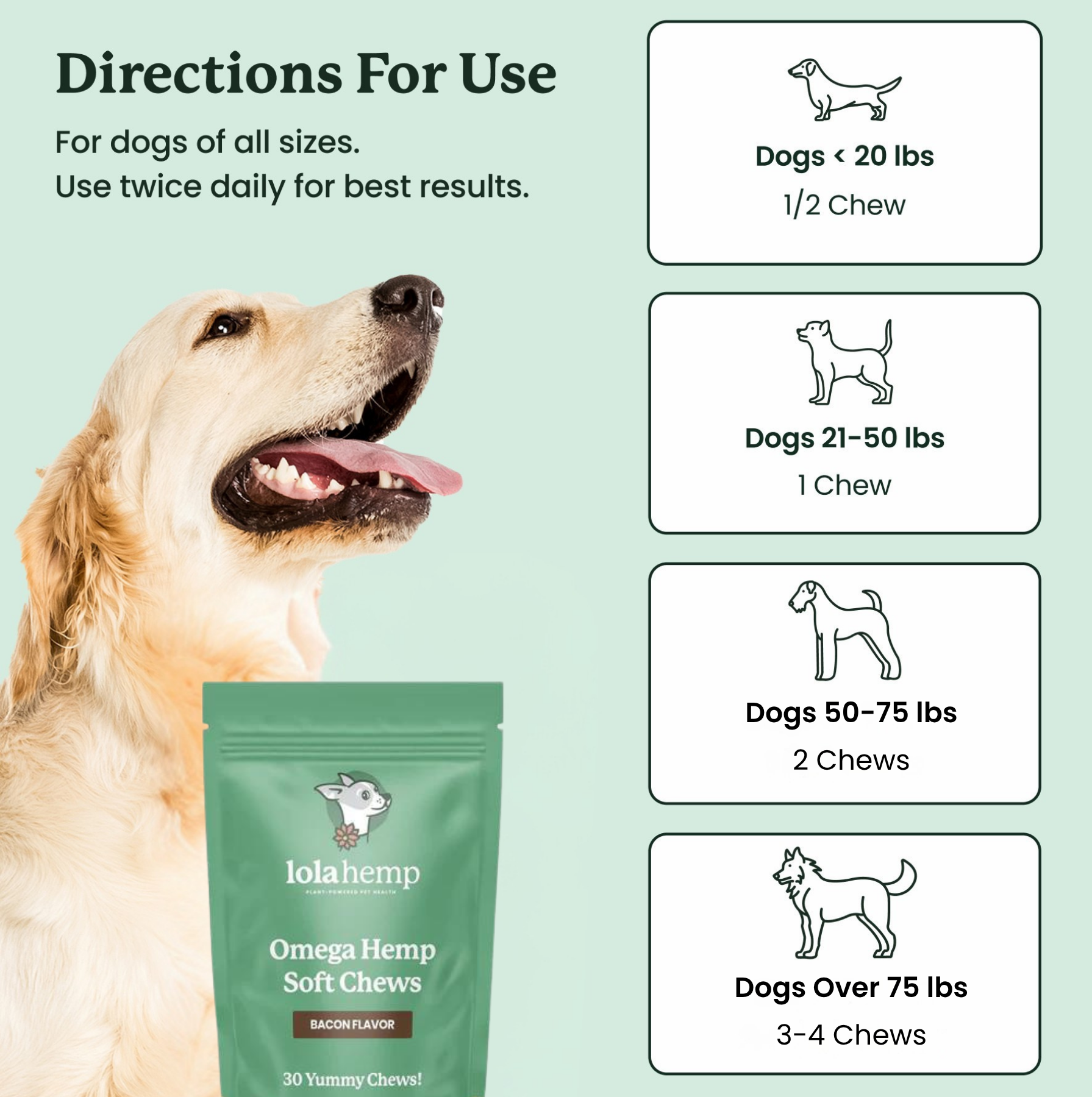
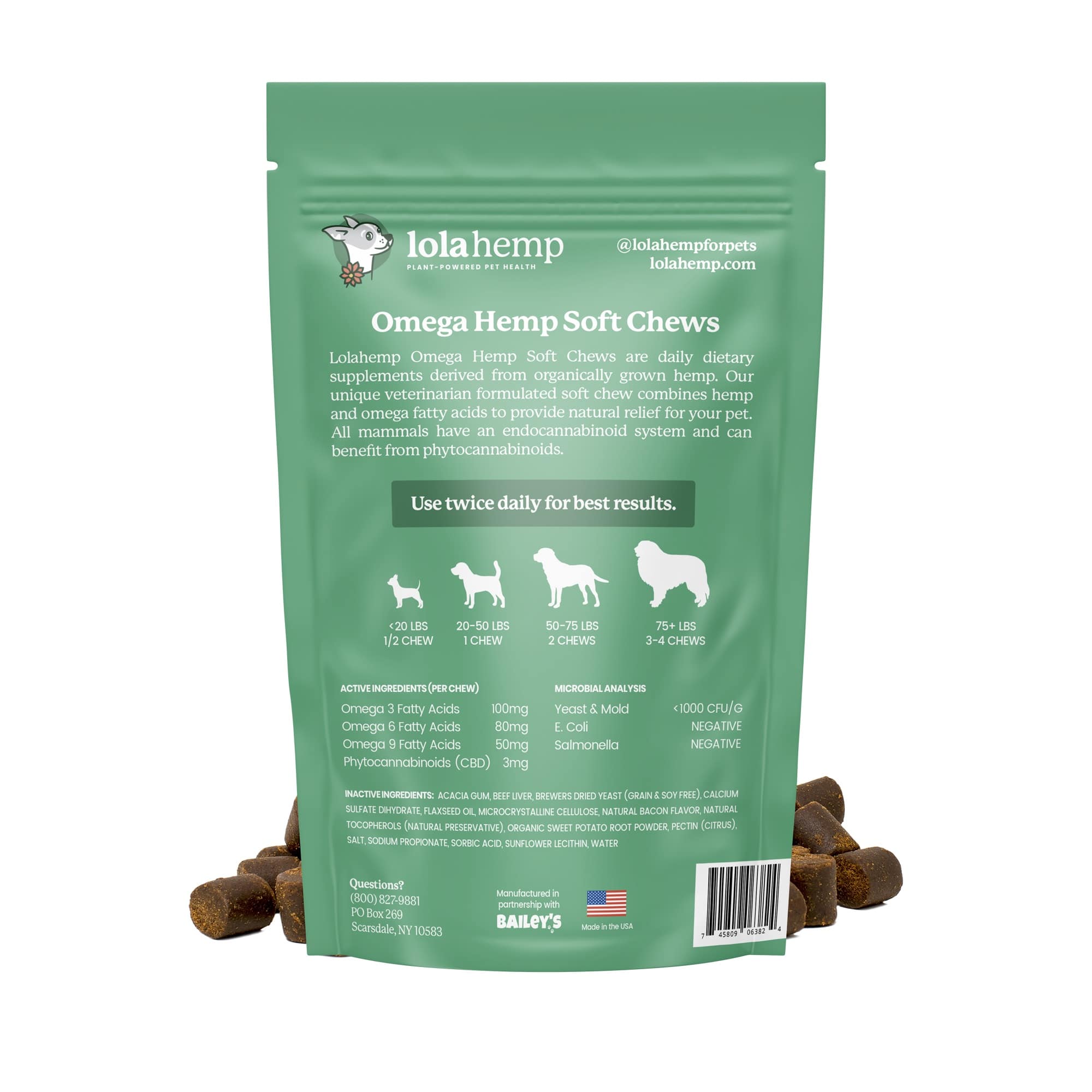




Comment
Ty for all this info. Very helpful. I actually prepare my dog food from scratch . She loves turkey or chicken, carrots flax and some blueberries. She gobbles it down.